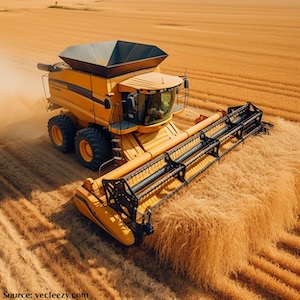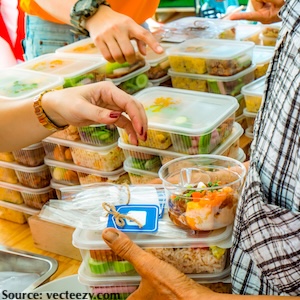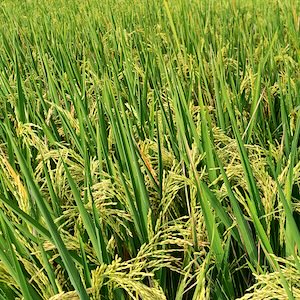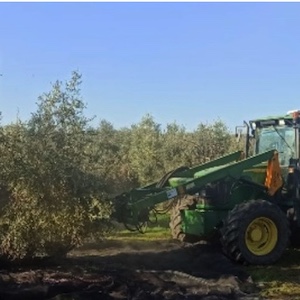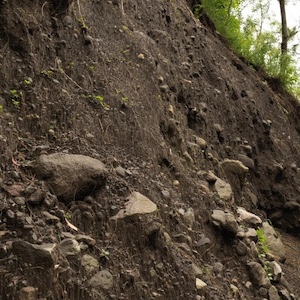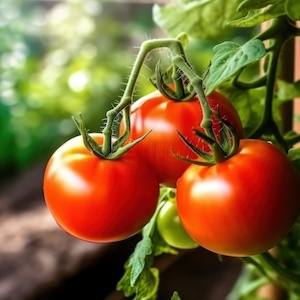Effect of glazing configuration as an energy-saving strategy in naturally ventilated greenhouses for strawberry (Seolhyang sp.) cultivation
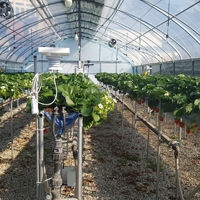
All claims expressed in this article are solely those of the authors and do not necessarily represent those of their affiliated organizations, or those of the publisher, the editors and the reviewers. Any product that may be evaluated in this article or claim that may be made by its manufacturer is not guaranteed or endorsed by the publisher.
Authors
Strawberry cultivation is highly dependent on environmental parameters and energy in winter. Two gothic greenhouses with different glazing material combinations, i.e. polyolefin-thermal screen (PoTS) and polyolefin-thermal screen-polyethylene (PoTSPe), were used for strawberry cultivation. The energy-saving capabilities of the two configurations and their impact on the microclimates of the greenhouses were investigated. Temperature, relative humidity, vapor pressure deficit, leaf temperature, and solar radiation over the experimental period in the PoTS greenhouse were 13.0±2.3°C, 75.8±6.5%, 0.4±0.1 kPa, 13.6±1.7°C, and 168.8±82.3W/m2, respectively, whereas in the PoTSPe setup they were 13.1±2.3°C, 80.0±5.7%, 0.3±0.1 kPa, 13.5±1.6°C, and 183.1±90.5 W/m2. The mean fuel consumption by the PoTS and PoTSPe greenhouses were 5.5 and 3.5 L, respectively. The performance analysis shows that both greenhouses were able to maintain the environmental parameters and leaf temperature within the recommended ranges, although more energy was consumed with PoTS. A higher yield was obtained in the PoTS greenhouse, which, however, was not significantly different from the PoTSPe yield.
How to Cite

This work is licensed under a Creative Commons Attribution-NonCommercial 4.0 International License.







